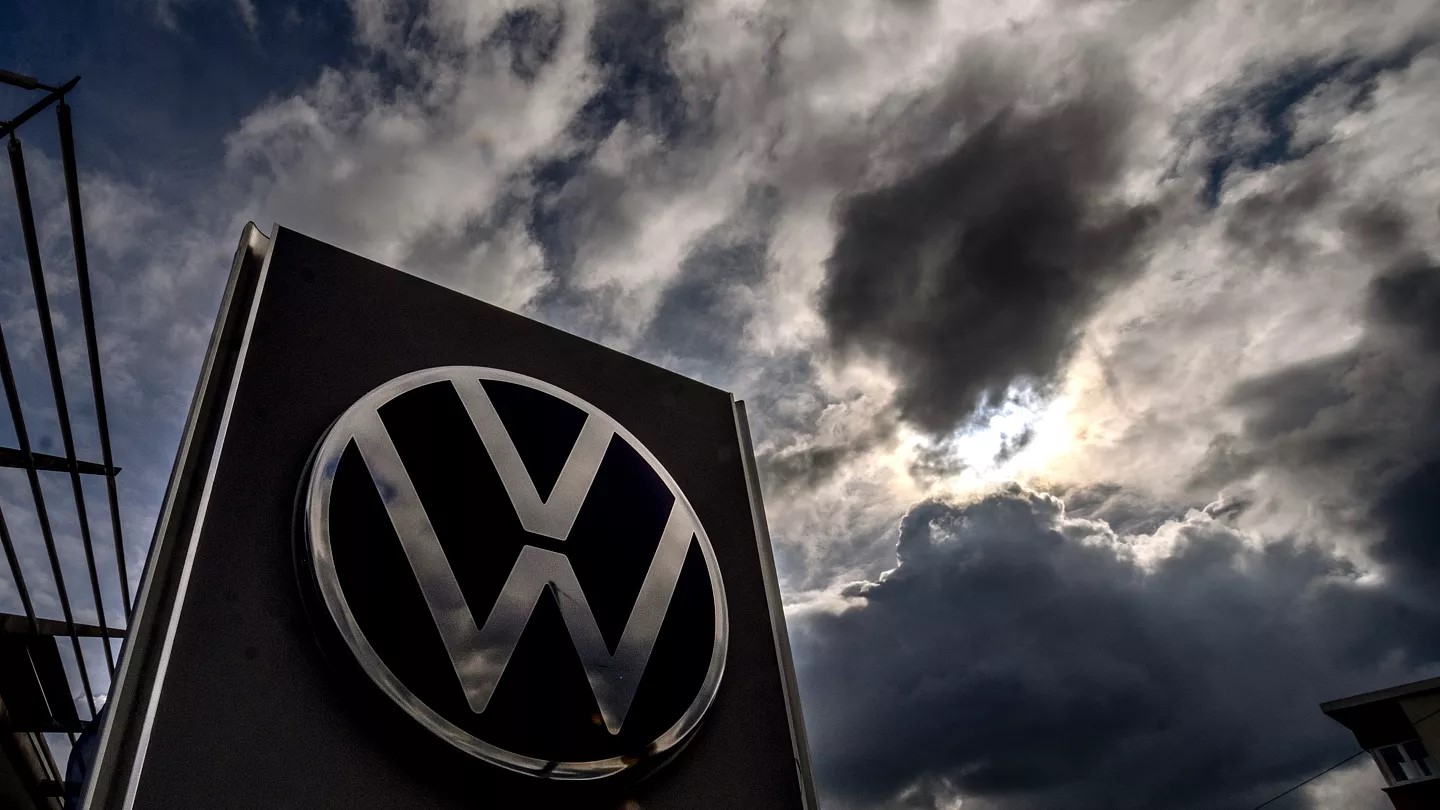In the city of Zwickau, a region renowned for its significant contributions to Germany’s automotive sector, concerns are mounting over the economic and political repercussions of Volkswagen's recent announcements. The company has revealed plans to close “at least” three factories in Germany, resulting in the layoff of tens of thousands of employees and a reduction in operations at its remaining facilities, according to statements from the company’s employee representatives.
This move marks a pivotal moment in Volkswagen's 87-year history, as it would be the first time domestic factories are shut down. The announcement has highlighted the formidable challenges facing Germany’s largest car manufacturer. Labor unions in the country, which employs approximately 295,000 people, are already pushing back against these plans, raising the possibility of strikes in the near future.
Volkswagen has been engaged in discussions with unions for several weeks as it seeks to implement cost-cutting measures and restructure its business operations. Thorsten Groeger, the chief negotiator for IG Metall—one of Germany’s most influential unions—stated, “If VW confirms its dystopian path on Wednesday, the board must expect the corresponding consequences on our part.”
While formal strike action can only commence after December 1 due to existing agreements between the union and Volkswagen, IG Metall has indicated that “tens of thousands” of workers are prepared to voice their dissatisfaction with management’s decisions. The company’s works council, which represents employees and holds half of the seats on the board, described the planned cuts, which include a 10% pay reduction for all workers, as more severe than anticipated and “of historic dimensions.”
Randy Kämpf, a curator at the local museum documenting Zwickau’s 120-year automotive legacy, expressed concerns about the cultural impact of job losses. “Just as entire regions of Great Britain were shaped by coal mining, Zwickau is deeply connected to the automobile industry. If jobs disappear, we lose something monumental, culturally speaking.”
The museum exhibition recounts the region’s complex relationship with car manufacturing, from Audi’s inception to the production of Nazi tanks using forced labor, the iconic Trabant of the communist era, and the modern assembly lines producing Golfs after Germany's reunification 35 years ago.
Zwickau, located west of Dresden near the Czech border, became home to Volkswagen's first plant dedicated solely to electric vehicle production in 2020. This €1.2 billion investment was seen as a significant step forward, but concerns are growing that this gamble may not yield the expected returns.
As one of the largest automakers globally, Volkswagen is grappling with increasing competition, particularly from China, and a decline in sales in other markets. Executives have reported that the company is selling 500,000 fewer vehicles annually in Europe compared to pre-pandemic levels, equivalent to the output of two entire car plants.
In a statement, Gunnar Kilian, a member of the human resources board, acknowledged the seriousness of the situation: “Without comprehensive measures to regain competitiveness, we will not be able to afford essential future investments.”
For many employees, the impending changes are deeply personal. Take Teller, a 50-year-old worker who has dedicated nearly three decades to Volkswagen. He started as an apprentice in 1994 and has built his life around the stability provided by the company. Now, faced with the prospect of significant layoffs, he wonders about his future. “I thought I’d stay here until retirement. At my age, how am I supposed to find a new direction in the job market?”
Despite his resignation to the situation, Teller feels a sense of anger about the potential devastation that could ripple through the VW network in Germany. “We see ourselves as one big family; you don’t wish this on anyone.”
His parents are “worried sick” about their family’s future, yet Teller maintains a sense of calm, accepting that “there’s nothing I can do” to prevent what unions have termed a potential “tsunami” in Zwickau. However, other workers at the factory express their distress more openly, with some becoming tearful when discussing their uncertain futures with Volkswagen.
As the situation unfolds, the city of Zwickau and its residents brace for the impact of Volkswagen’s decisions, which could reshape the landscape of the automotive industry in the region.
Zainab Y.
Also on site :
- The Decline of Oil Power in Middle East Geopolitics
- Tesla Has Big Plans in China
- 5G-A-Nutzer erreichen 10 Millionen in China: Huawei präsentiert die 5G-A-Entwicklung und den Wert der szenariobasierten KI

